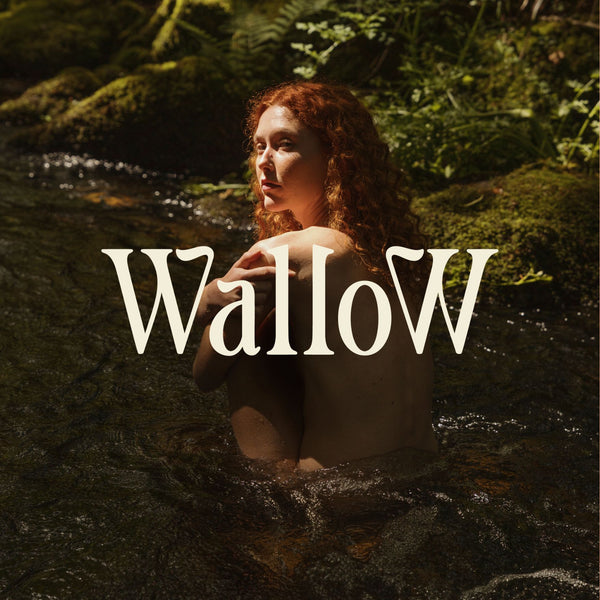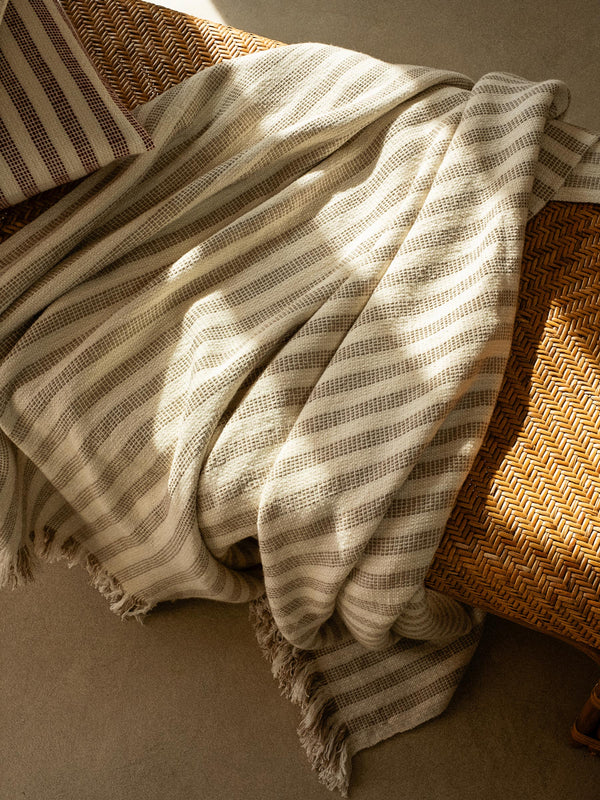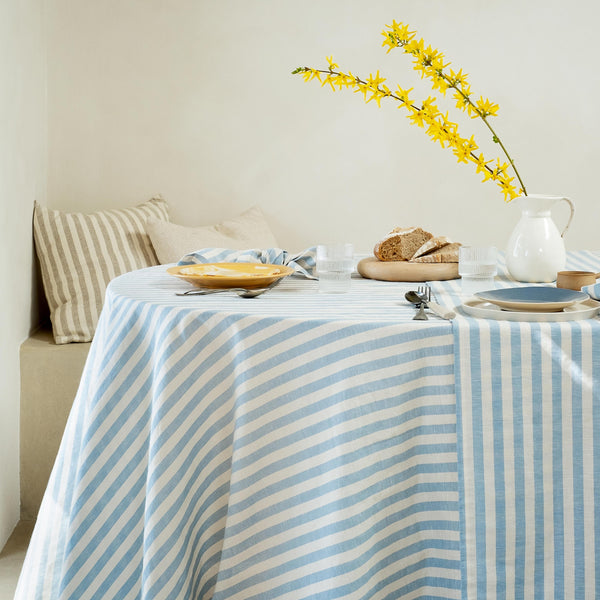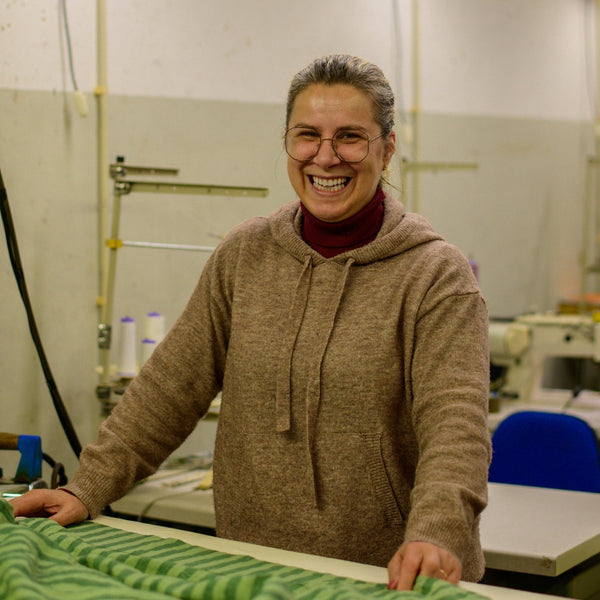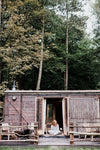Piranesi lives in the House. Perhaps he always has.
In his notebooks, day after day, he makes a clear and careful record of its wonders: the labyrinth of halls, the thousands upon thousands of statues, the tides that thunder up staircases, the clouds that move in slow procession through the upper halls. On Tuesdays and Fridays Piranesi sees his friend, the Other. At other times he brings tributes of food to the Dead. But mostly, he is alone.
Messages begin to appear, scratched out in chalk on the pavements. There is someone new in the House. But who are they and what do they want? Are they a friend or do they bring destruction and madness as the Other claims?
Lost texts must be found; secrets must be uncovered. The world that Piranesi thought he knew is becoming strange and dangerous.
The Beauty of the House is immeasurable; its Kindness infinite.
FURTHER READING
Jonathan Strange & Mr Norrell – Susanna Clarke Cloud Atlas – David Mitchell The Starless Sea – Erin Morgenstern Circe – Madeleine Miller The Binding – Bridget Collins Norse Mythology – Neil Gaiman
READING QUESTIONS
1. What were your initial impressions of Piranesi? Did he seem lonely? Sane? Content?
2. Susanna Clarke builds the world of the House in great detail, aided by Piranesi’s detailed journal descriptions of each hall, each statue, and his observations of the tides. How helpful was it for you as a reader to be given such a detailed guide to the setting? Were you able to picture the scenes as Piranesi described them?
3. ‘The Beauty of the House is immeasurable; its Kindness infinite.’ Now that you have finished the novel, how do you feel about the House? Is it a particularly good or bad place? In what way does the novel comment on the relationship between humans and their environments?
4. In the first part of the book, Piranesi explains his understanding of the world based on a serious examination of all of the evidence he has at his disposal. He calls himself a scientist, and he has carefully observed his surroundings to reach his conclusions, even though these turn out to be incorrect. Does this make him less of a scientist? How does this change your understanding of evidence and truth in storytelling?
5. ‘I owe so much to the Other’s generosity. Without him I would not sleep snug and warm in my sleeping bag in winter.’ What were your initial impressions of the Other, and of the relationship between him and Piranesi? How did these impressions change as the story progressed?
6. Ketterley is motivated by what he calls the ‘Great and Secret Knowledge’. What do you think he is hoping to achieve by carrying out his investigations?
7. After Piranesi is visited by the police, his understanding of the world and his place within it change dramatically. Do you have greater sympathy for Piranesi before or after the police’s rescue attempt?
8. A reviewer for the Observer commented that ‘the end of the novel doesn’t exactly provide justice, and closure is only provisional’. Do you agree? What did you make of the ending?
9. ‘If I leave, then the House will have no Inhabitant and how will I bear the thought of it empty? Yet the simple fact is that if I remain in these Halls I will be alone.’ What would you have done if you were in Piranesi’s position?
10. Piranesi is a novel with some elements of fantasy. In spite of this, do you feel that it resonates with our experience of the world today? In what way?
And make sure to join in the conversation on our Under The Covers Facebook group!





